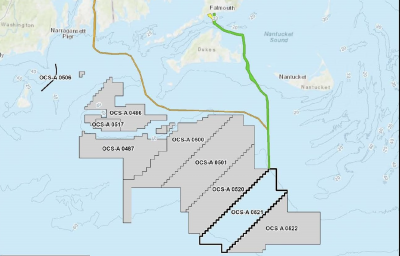Last week, BP announced that its CEO Bernard Looney was resigning immediately. He said he had not been “fully transparent in his previous disclosures” to the board of directors. Dalliances with other BP employees were Looney’s downfall, but the timing of the disclosure is curious.
Looney was appointed BP’s CEO in February 2020. Three months later the board learned of prior dalliances with company employees. The board said it investigated but found no “breach of company rules.” That investigation concluded in February 2022. Now, the board was presented with additional anonymous information which is what led to Looney stepping down.
While the entire process raises questions about the prior CEO selection process, the Looney’s quick departure meant that the board had to appoint a temporary CEO. That brings into question BP’s CEO succession planning. It also raises the question of whether the board will select its new CEO from internal candidates or consider going outside.
While not a perfect overlap, a three-year performance record of BP’s stock against competitors and the oil and gas stock index shows dramatic underperformance. Over that period, BP shares rose 100%, but the oil and gas index increased over 200%. ExxonMobil Corp. shares were up even more – 220%. Further highlighting BP’s underperformance, its European rival Shell plc saw its shares climb 130% in these three years, especially in the last four-to-five months. These performances are consistent with U.S. oil and gas company shares outperforming their European competitors and having investors reward them with higher valuations.
Is it all about the strong embrace of green energy by European oil companies that explains the dramatic share underperformance? Many investors believe so. They have welcomed the step back from the full speed ahead with green energy at the expense of traditional oil and gas operations. When Looney introduced BP’s new green energy investment strategy, he specifically warned investors and BP pensioners that the company’s stock returns, and dividend growth would be at risk of not matching historical performance. He acknowledged that renewable energy investments earn lower returns than traditional oil and gas investments, and thus the warning.
European environmentalists and investors will be watching to see whether BP’s board stays the course on Looney’s green energy strategy or uses the CEO appointment as a chance to reset the company’s path. BP’s record with CEOs is not stellar. Lord John Brown also suffered from the failure to disclose personal relationships, and Tony Hayward suffered from the Deepwater Horizon oil spill but proved unable to be contrite. Now BP must deal with the Looney exit. Interestingly, of BP’s last four CEOs, the best was American Bob Dudley – the “lower for longer” guy. Shareholders probably hope that BP can find another Dudley-type CEO.





